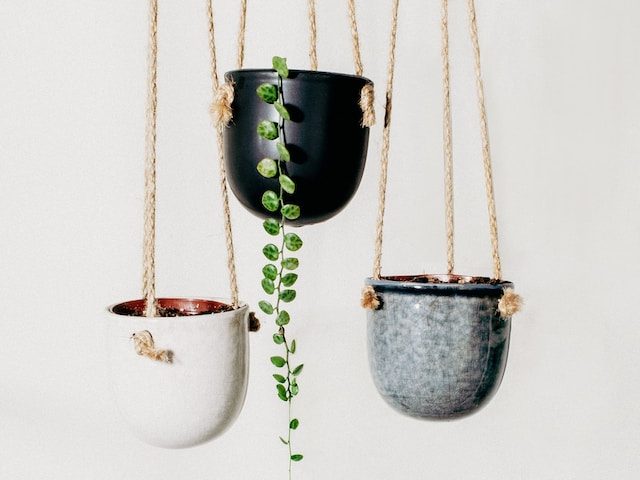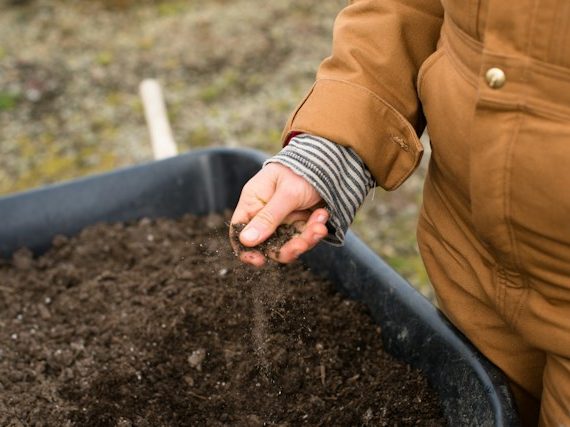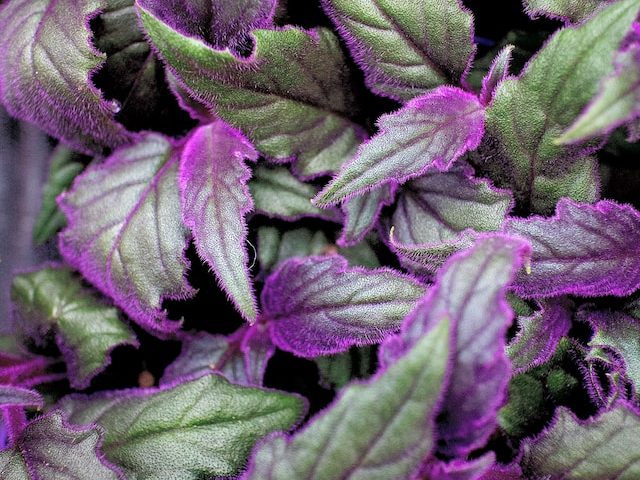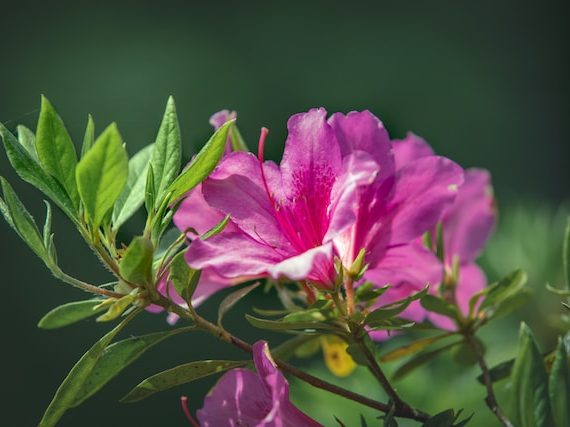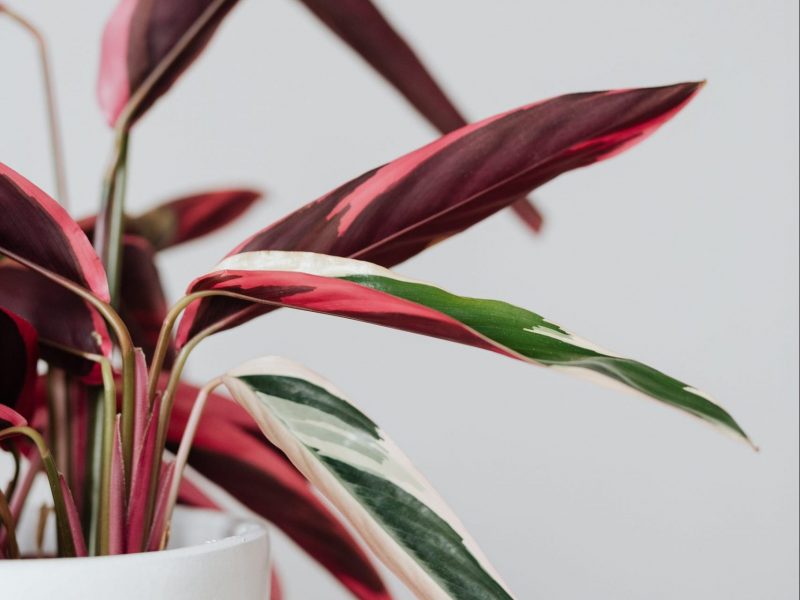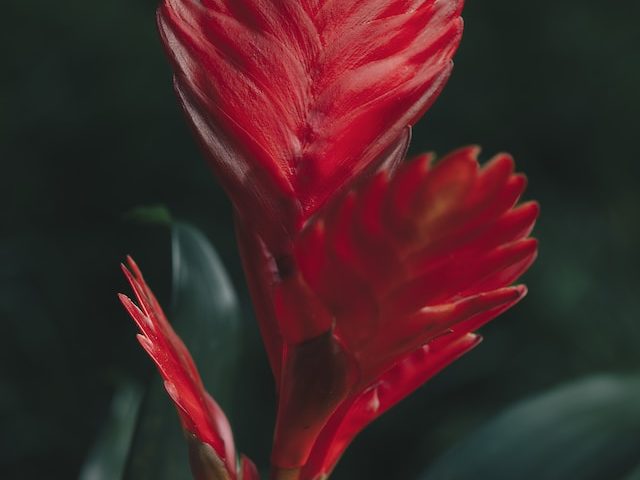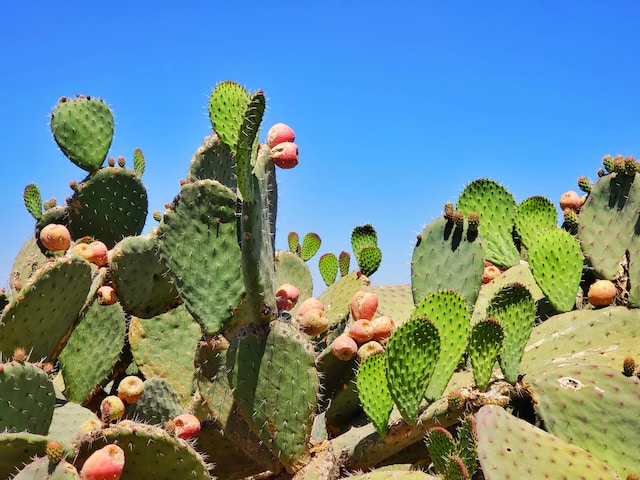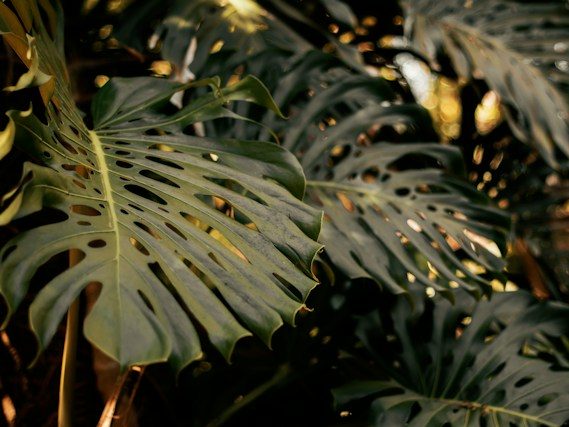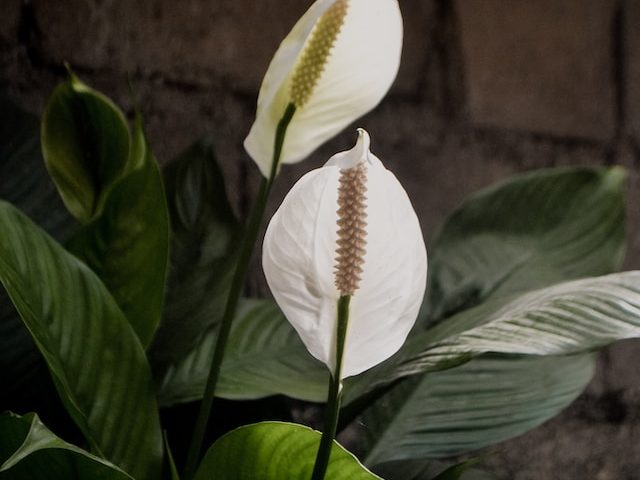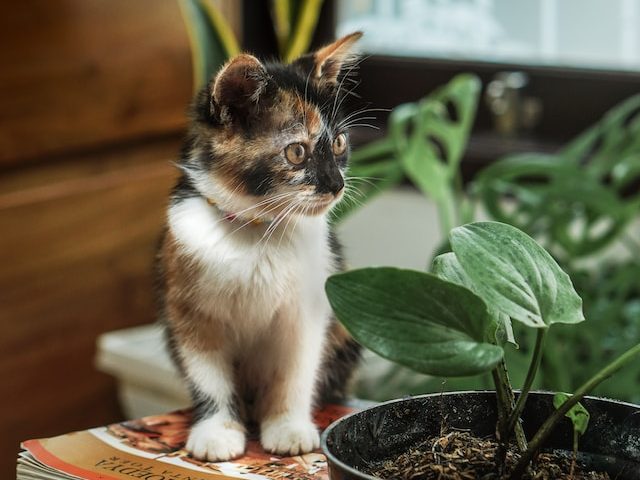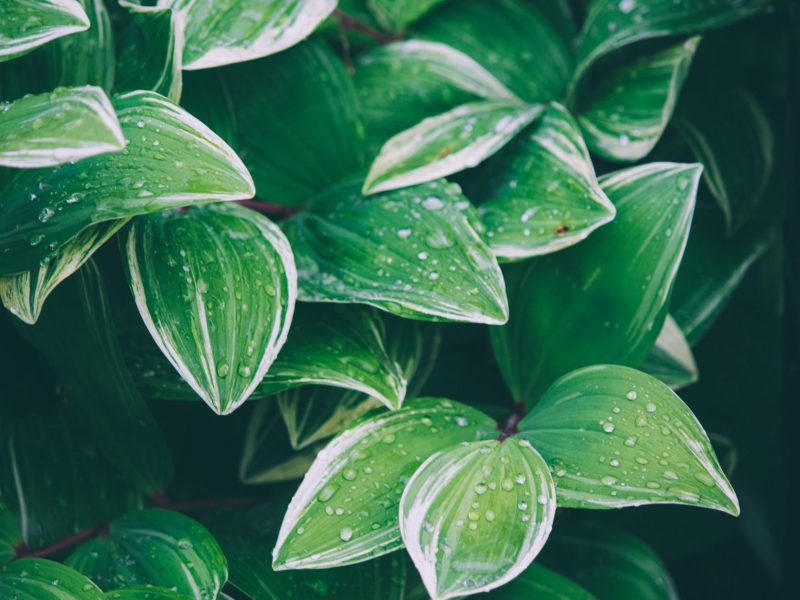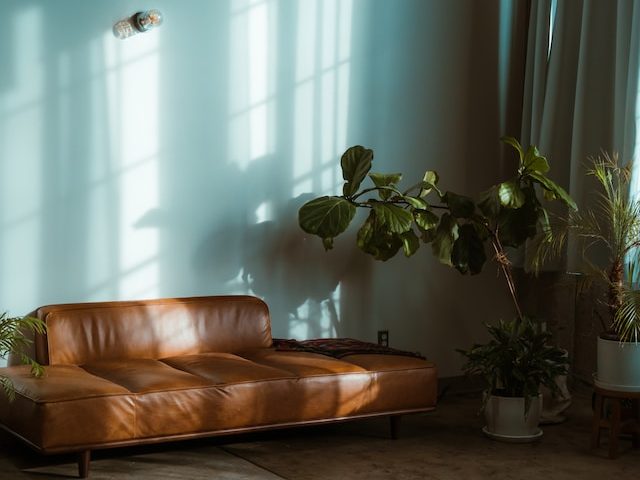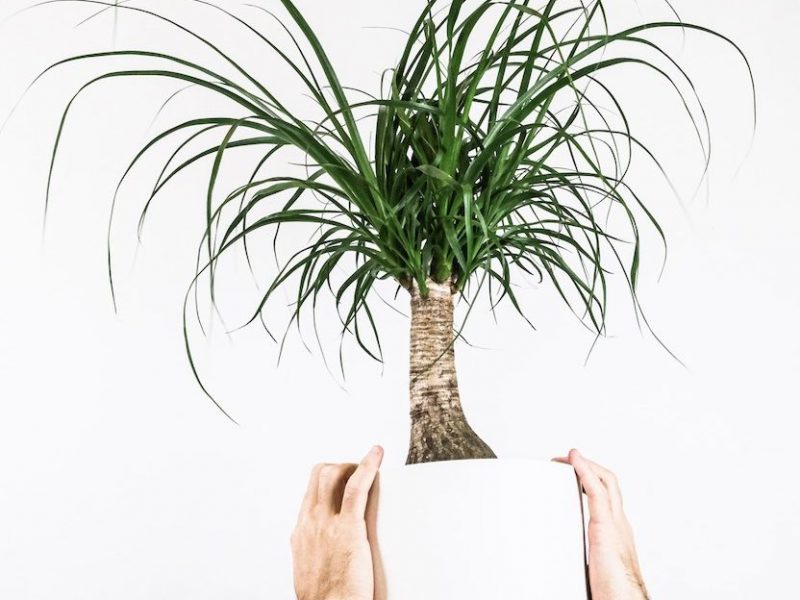
Basic Ponytail Palm Care
Ponytail Palms are one of our favourite plants as they are so forgiving and will thrive in any home! Below you find all the information you need to care for a Ponytail Palm.
| Light |
Bright Direct LightI thrive in bright areas of your home so am best placed near a window. |
| Water |
Water InfrequentlyI can be quite sensitive to root rot so be careful not to overwater me. |
| Humidity |
Low HumidityI grow best in pretty dry environments so don’t try and increase the humidity. |
| Soil |
Draining SoilI like a mix that includes peat moss and perlite as these prevent my roots from becoming water-logged. |
Ponytail Palms love full sunlight
Ponytail Palms can deal with full sun for the entire day so are great for those empty windowsills that are too bright for other plants. But the best thing about Ponytail Palms is that they also survive in lower light areas.
Water your Ponytail Palm infequently
Ponytail Palms are a type of succulent meaning they don’t need a lot of water. We recommend watering fortnightly in summer but dropping back to once a month in winter. Too much water can very quickly lead to root rot which can kill your Ponytail Palm.
Ponytail Palms don't like high humidity
Ponytail Palms thrive in dry air and really won’t do well if you try to increase the humidity.
Average room temperature is best
Keep your Ponytail Palm away from cold temperatures (drafty windows, AC vents etc). Room temperature and a little above is best for your Ponytail Palm.
Don't fertilise a Ponytail Palm often
Ponytail Palms don’t require regular fertilisation. Instead, you want to fertilise once at the start of spring and leave it for the rest of the year. Ponytail Palms are susceptible to fertiliser burn so you want to be careful.
Use well-draining soil
Ponytail Palms require well-draining soil to prevent root rot. You want to use a specific cactus or succulent mix as these contain ingredients such as perlite that help with aeration and drainage.
Propagate using offshoots
Sometimes Ponytail Palm product small offshoots from the base of the main stem. Wait until these grow several centimetres in height before cutting them off the mother plant.
Ponytail Palms are non-toxic
Another reason we love Ponytail Palms is that they are completely non-toxic and safe for pets and humans!
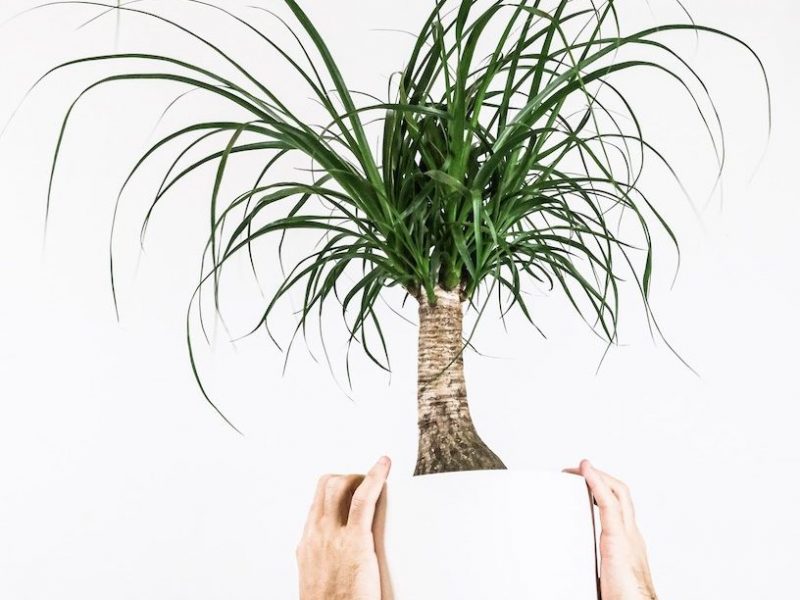
Common Problems with your Ponytail Palm
Here are some common issues that you might run into. It's important to diagnose any issues early to give your plant the best chance of bouncing back.
Why does my Ponytail Palm have yellow leaves?
Yellow leaves on a Ponytail Palm can indicate overwatering. Check the soil to see how much moisture it contains (you want the potting mix to feel dry) and replace if necessary.
Why does my Ponytail Palm have a mushy stem?
A mushy stem can indicate that your Ponytail Palm has been overwatered. This can be easy to do because they really don’t require much water at all.
Why does my Ponytail Palm have brown tips?
Brown leaf tips on a Ponytail Palm can be a difficult one to diagnose because there are several causes. We recommend going through each one to eliminate it. Causes of brown tips include: overfertilisation, underwatering or too much direct light.



